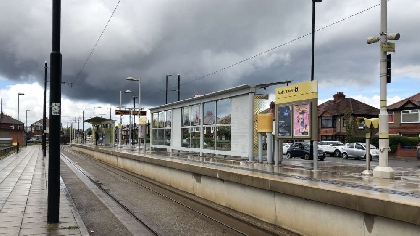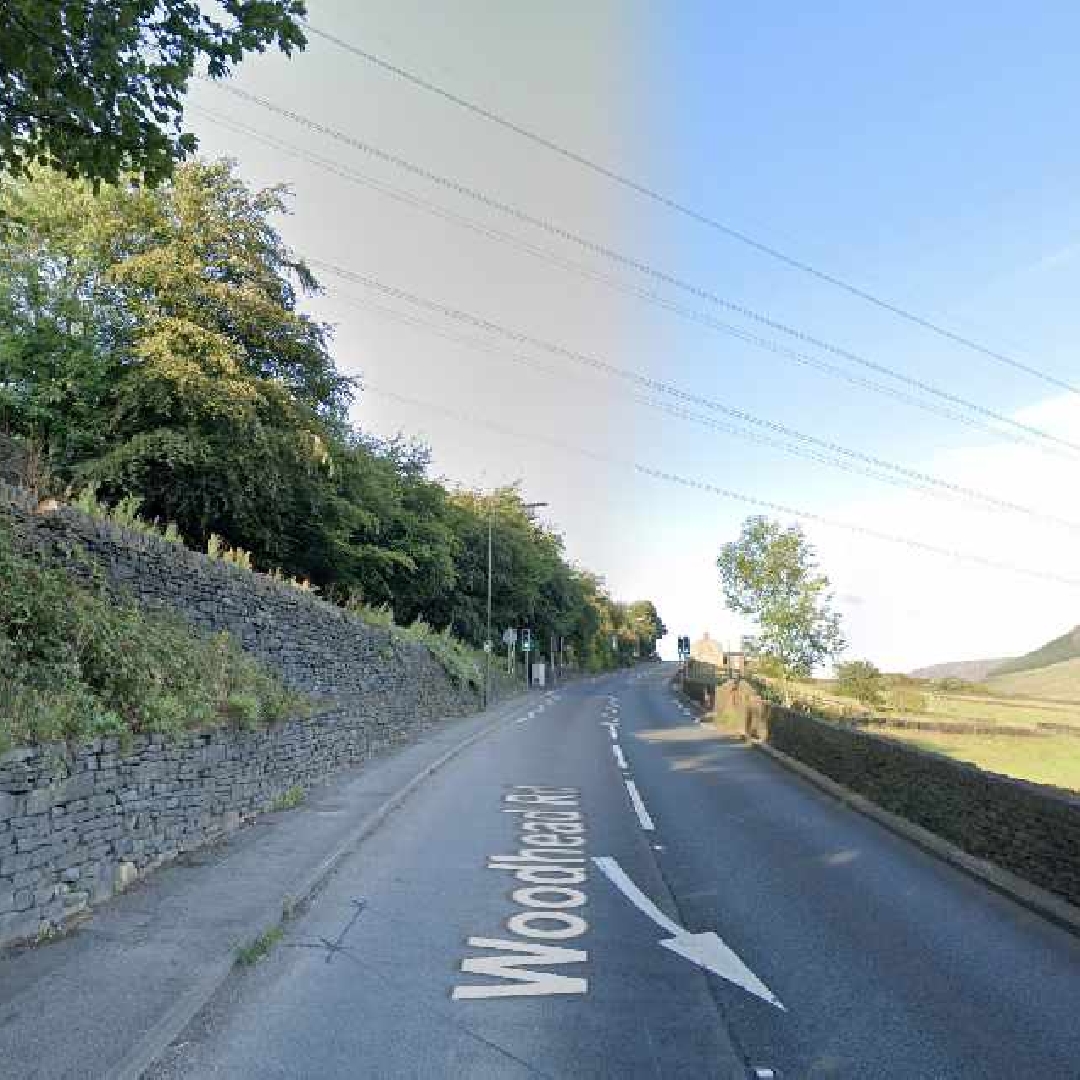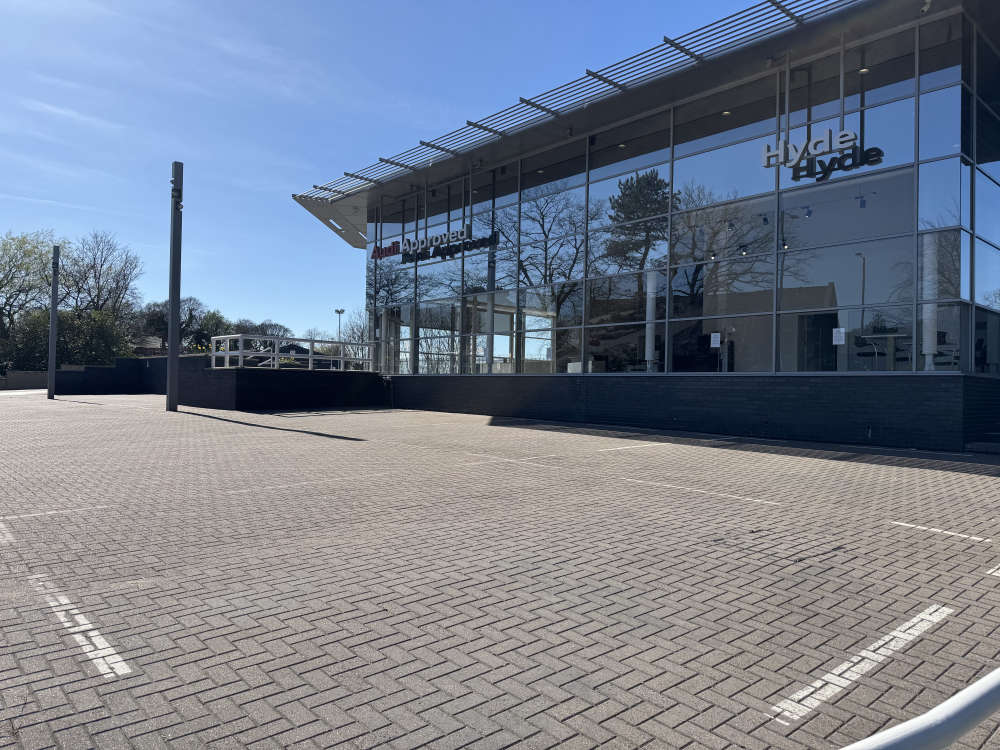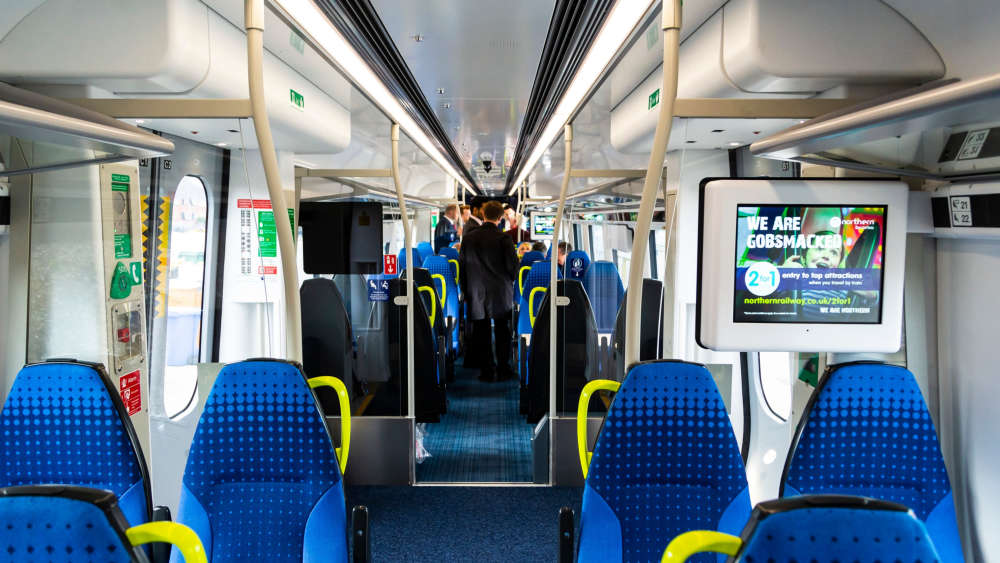
Bikes are to be allowed on Greater Manchester’s tram network after being banned for 32 years. The network is to allow bikes on trams during off-peak times, but not for at least a year.
Adapting carriages and stops for bikes has been estimated to cost between £5m and £8m. The earliest estimate for fully modified trams to operate on routes is late 2025.
The carrying of bikes on the Metrolink system has not been permitted since the service launched in 1992. But after a trial earlier this year, Transport for Greater Manchester (TfGM) say two dedicated bicycle spaces will now be installed on each tram.
The change in policy means all 147 tram vehicles used on the network will need to be adapted and with seat layouts changed. The 99 Metrolink stops will also be assessed for their suitability to handle bikes.
Metrolink currently allows folded bikes and provides cycle parking at most stops. Certain sizes of mobility scooters are also allowed, subject to a permit scheme.
A decision notice on the matter has been published by TfGM today. It said: “Allowing bikes on Metrolink would align with our transport strategy which aims to build a world-class walking, wheeling and cycling network.
“The Metrolink network is designed to be as accessible as possible, with level boarding and step-free access at all stops, with some requiring lifts for this purpose. “The trams are designed with two wheelchair spaces, which can also be used for pushchairs, prams and certain types of mobility scooters.”
The report said it was difficult to assess the potential demand from customers wanting to take their bike on the tram. Currently, around one per cent of passengers arrive at a tram stop by bike, while 73 per cent walk.
The report, added; “By allowing the carriage of bikes during off-peak times the catchment area of Metrolink could be widened as people may choose to cycle a little further than they are prepared to walk to get to a tram stop.
“This could boost patronage by tapping a new market during off-peak times when the services have capacity.” The report said bikes would only be allowed during quieter periods and would still be banned when football matches and other special events are taking place across the network.
During a trial in March and April this year TfGM invited volunteers to take their bikes on specific journeys on Metrolink, accompanied by staff to ensure passenger safety.
The report, said: “Other volunteers were also invited with a range of disabilities to understand the impact that bringing non-folding bikes on trams would have on them. “The feedback from the pilot and discussions with disability groups revealed that the main concern was that the accessible spaces on the tram should be retained for use by disabled people, therefore, it is recommended that two separate spaces are provided on each vehicle for bikes.
“This means that the tram interiors and seating would need to be reconfigured to allow the safe carriage of bikes.” TfGM said it will will assess all 99 stops across the Metrolink network and implement any modifications needed.
They said that several stops will not be suitable for bikes, for example, Market Street in the city centre, where the stop is likely to be too narrow to accommodate bikes and crowds queuing for trams.


 Lorry driver flees after crash causes ‘significant oil spill’ on major road
Lorry driver flees after crash causes ‘significant oil spill’ on major road
 Conservative Club hosts Mother's Day fundraiser for Willow Wood
Conservative Club hosts Mother's Day fundraiser for Willow Wood
 Audi Approved Hyde closes its doors after 10 years.
Audi Approved Hyde closes its doors after 10 years.
 Eight more stations on the Northern network become ‘mobility scooter-friendly’
Eight more stations on the Northern network become ‘mobility scooter-friendly’

